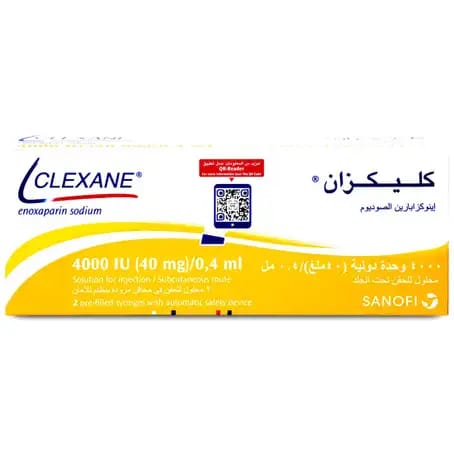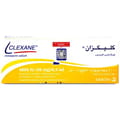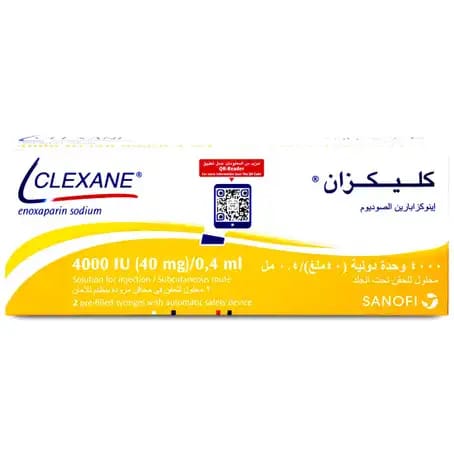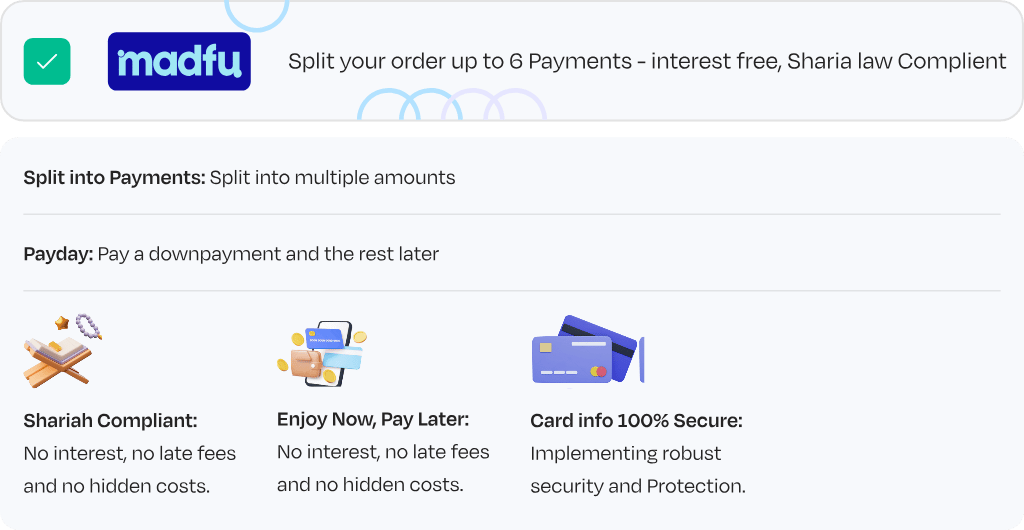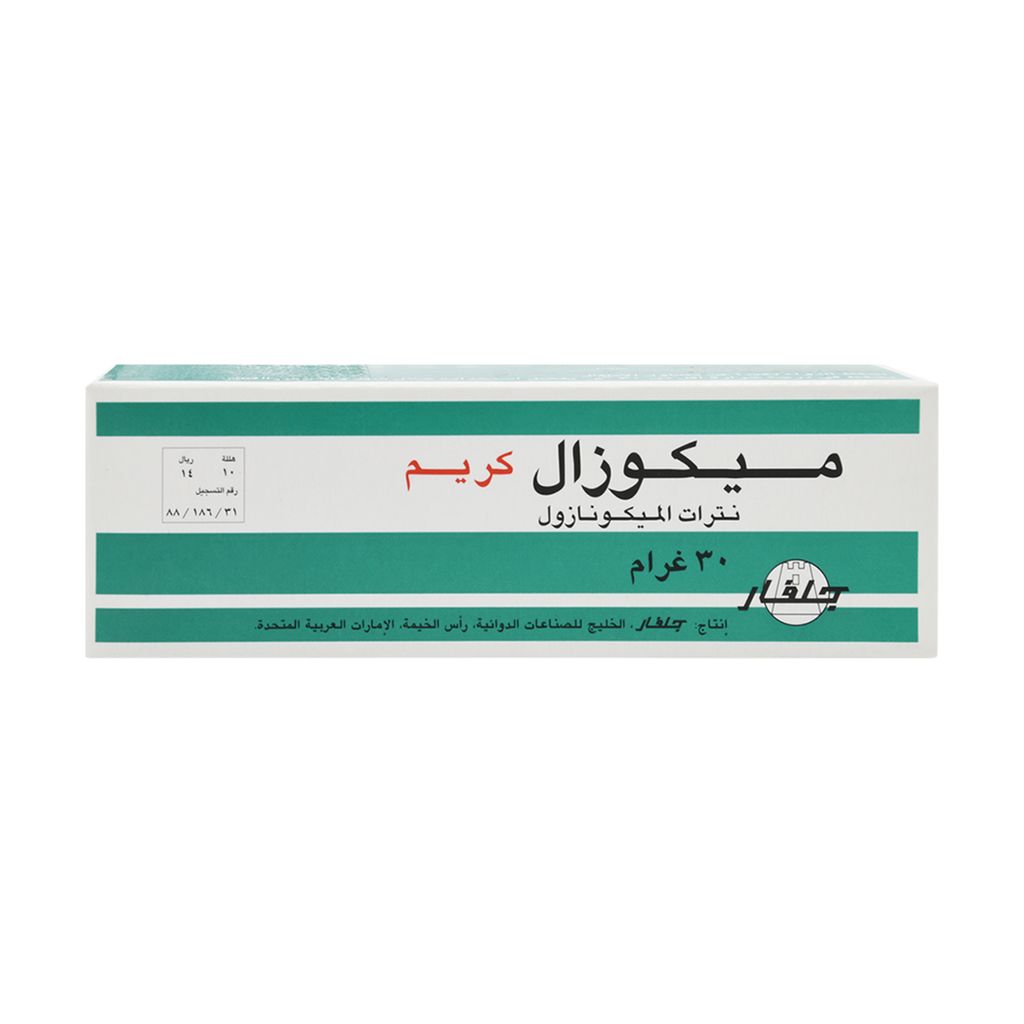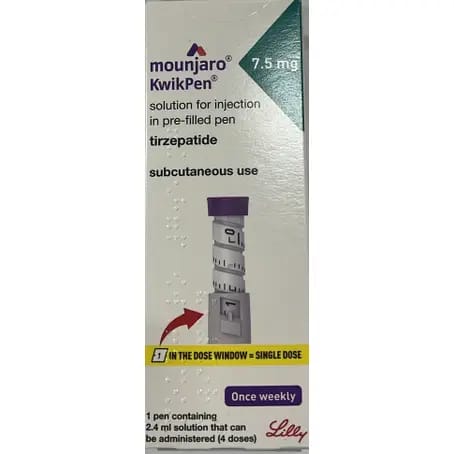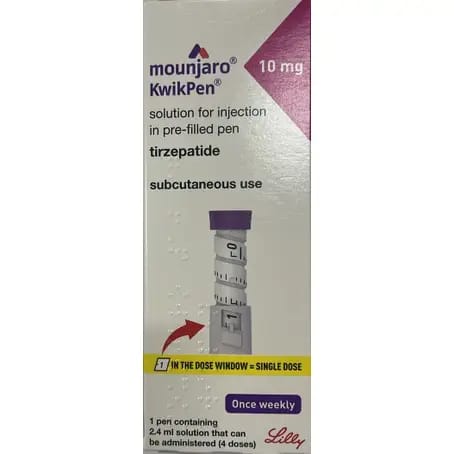Enoxaparin sodium Pre-filled syringe
What Enoxaparin is and what it is used for:
Enoxaparin sodium is a low molecular weight heparin (LMWH).
Enoxaparin works in two ways.
- Stopping existing blood clots from getting any bigger. This helps your body to break them down and stops them from causing you harm
- Stopping blood clots from forming in your blood.
Enoxaparin can be used to:
- Treat blood clots that are in your blood.
- Stop blood clots from forming in your blood in the following situations:
- Before and after an operation
- When you have an acute illness and face period of limited mobility
- When you have unstable angina (a condition when not enough blood gets to your heart)
- After a heart attack
- Stop blood clots forming in the tubes of your dialysis machine (used for people with severe kidney problems).
What you need to know before you use Enoxaparin:
Do not use Enoxaparin:
- If you are allergic to enoxaparin sodium or any of the other ingredients of this medicine
- If you are allergic to heparin or other low molecular weight heparins such as nadroparin, tinzaparin or dalteparin.
- If you have had a reaction to heparin that caused a severe drop in the number of your clotting cells (platelets) - this reaction is called heparin-induced thrombocytopenia - within the last 100 days or
- if you have antibodies against enoxaparin in your blood.
- If you are bleeding heavily or have a condition with a high risk of bleeding (such as stomach ulcer, recent surgery of the brain or eyes), including recent bleeding stroke.
- If you are using Enoxaparin to treat blood clots in your body and going to receive spinal or epidural anaesthesia or lumbar puncture within 24 hours.
Warnings and precautions:
Talk to your doctor or pharmacist before using Enoxaparin if:
- you have ever had a reaction to heparin that caused a severe drop in the number of your platelets
- you are going to receive spinal or epidural anesthesia or lumbar puncture
- you have had a heart valve fitted
- you have endocarditis (an infection of the inner lining of the heart)
- you have history of gastric ulcer
- you have had a recent stroke
- you have high blood pressure
- you have diabetes or problems with blood vessels in the eye caused by diabetes (called diabetic retinopathy)
- you have had an operation recently on your eyes or brain
- you are elderly (over 65 years old) and especially if you are over 75 years old
- you have kidney problems
- you have liver problems
- you are underweight or overweight
- you have high level of potassium in your blood (this may be checked with a blood test)
- you are currently using medicines which affect bleeding.
Other medicines and Enoxaparin:
It is especially important to tell your doctor if you are taking any of the following:
- Warfarin – used for thinning the blood
- Aspirin (also known as acetylsalicylic acid or ASA), clopidogrel or other medicines used to stop blood clots from forming
- Dextran injection – used as a blood replacer
- Ibuprofen, diclofenac, ketorolac or other medicines known as non-steroidal anti-inflammatory agents which are used to treat pain and swelling in arthritis and other conditions
- Prednisolone, dexamethasone or other medicines used to treat asthma, rheumatoid arthritis and other conditions
- Medicines which increase potassium level in your blood such as potassium salts, water pills, some medicines for heart problems.
How to use Enoxaparin:
Always take your medicine exactly as your doctor told you. If you are unsure about how to take your tablets, ask your doctor or pharmacist Having this medicine:
- Your doctor or nurse will normally give you Enoxaparin. This is because it needs to be given as an injection.
- When you go home, you may need to continue to use Enoxaparin and give it yourself
- Enoxaparin is usually given by injection underneath the skin (subcutaneous).
- Enoxaparin can be given by injection into your vein (intravenous) after certain types of heart attack or operation.
- Enoxaparin can be added to the tube leaving the body (arterial line) at the start of the dialysis session.
Do not inject Enoxaparin into a muscle.
How much will be given to you:
- Your doctor will decide how much Enoxaparin to give you. The amount will depend on the reason it is being used.
- If you have problems with your kidneys you may be given a smaller amount of Enoxaparin.
Instructions for use of the syringe:
How to give yourself an injection of Enoxaparin
- If you are able to give Enoxaparin to yourself, your doctor or nurse will show you how to do this. Do not try to inject yourself if you have not been trained how to do so.
- If you are not sure what to do, talk to your doctor or nurse immediately. Performing the injection properly under the skin (called “subcutaneous injection”) will help reduce pain and bruising at the injection site.
Use in children and adolescents:
- The safety and efficacy of Enoxaparin has not been evaluated in children or adolescents.
Possible side effects:
- Like other similar medicines (medicines to reduce blood clotting), Enoxaparin may cause bleeding which may potentially be life-threatening. In some cases the bleeding may not be obvious.
- If you experience any bleeding event that does not stop by itself or if you experience signs of excessive bleeding (exceptional weakness, tiredness, paleness, dizziness, headache or unexplained swelling), consult your doctor immediately.
- Your doctor may decide to keep you under closer observation or change your medicine.
- Stop using Enoxaparin and talk to a doctor or nurse at once if
- you get any signs of a severe allergic reaction (such as difficulty breathing, swelling of the lips, mouth, throat or eyes).
How to store Enoxaparin:
- Store below 25°C. Do not freeze.
- Enoxaparin prefilled syringes are single dose containers – discard any unused product.
- Keep this medicine out of the sight and reach of children.
- Do not use this medicine after the expiry date which is stated on the label. The expiry date refers to the last day of that month.
- Do not use this medicine if you notice the syringe is damaged or the product is not clear.
- Medicines should not be disposed via wastewater or household waste. Ask your pharmacist how to dispose of medicines no longer required. These measures will help protect the environment.
- Home
- Medications
- Medication
- Clexane 4000 IU/0.4ml Pre-Filled Syringe
Clexane 4000 IU/0.4ml Pre-Filled Syringe
 39.65
39.65Enoxaparin sodium Pre-filled syringe
What Enoxaparin is and what it is used for:
Enoxaparin sodium is a low molecular weight heparin (LMWH).
Enoxaparin works in two ways.
- Stopping existing blood clots from getting any bigger. This helps your body to break them down and stops them from causing you harm
- Stopping blood clots from forming in your blood.
Enoxaparin can be used to:
- Treat blood clots that are in your blood.
- Stop blood clots from forming in your blood in the following situations:
- Before and after an operation
- When you have an acute illness and face period of limited mobility
- When you have unstable angina (a condition when not enough blood gets to your heart)
- After a heart attack
- Stop blood clots forming in the tubes of your dialysis machine (used for people with severe kidney problems).
What you need to know before you use Enoxaparin:
Do not use Enoxaparin:
- If you are allergic to enoxaparin sodium or any of the other ingredients of this medicine
- If you are allergic to heparin or other low molecular weight heparins such as nadroparin, tinzaparin or dalteparin.
- If you have had a reaction to heparin that caused a severe drop in the number of your clotting cells (platelets) - this reaction is called heparin-induced thrombocytopenia - within the last 100 days or
- if you have antibodies against enoxaparin in your blood.
- If you are bleeding heavily or have a condition with a high risk of bleeding (such as stomach ulcer, recent surgery of the brain or eyes), including recent bleeding stroke.
- If you are using Enoxaparin to treat blood clots in your body and going to receive spinal or epidural anaesthesia or lumbar puncture within 24 hours.
Warnings and precautions:
Talk to your doctor or pharmacist before using Enoxaparin if:
- you have ever had a reaction to heparin that caused a severe drop in the number of your platelets
- you are going to receive spinal or epidural anesthesia or lumbar puncture
- you have had a heart valve fitted
- you have endocarditis (an infection of the inner lining of the heart)
- you have history of gastric ulcer
- you have had a recent stroke
- you have high blood pressure
- you have diabetes or problems with blood vessels in the eye caused by diabetes (called diabetic retinopathy)
- you have had an operation recently on your eyes or brain
- you are elderly (over 65 years old) and especially if you are over 75 years old
- you have kidney problems
- you have liver problems
- you are underweight or overweight
- you have high level of potassium in your blood (this may be checked with a blood test)
- you are currently using medicines which affect bleeding.
Other medicines and Enoxaparin:
It is especially important to tell your doctor if you are taking any of the following:
- Warfarin – used for thinning the blood
- Aspirin (also known as acetylsalicylic acid or ASA), clopidogrel or other medicines used to stop blood clots from forming
- Dextran injection – used as a blood replacer
- Ibuprofen, diclofenac, ketorolac or other medicines known as non-steroidal anti-inflammatory agents which are used to treat pain and swelling in arthritis and other conditions
- Prednisolone, dexamethasone or other medicines used to treat asthma, rheumatoid arthritis and other conditions
- Medicines which increase potassium level in your blood such as potassium salts, water pills, some medicines for heart problems.
How to use Enoxaparin:
Always take your medicine exactly as your doctor told you. If you are unsure about how to take your tablets, ask your doctor or pharmacist Having this medicine:
- Your doctor or nurse will normally give you Enoxaparin. This is because it needs to be given as an injection.
- When you go home, you may need to continue to use Enoxaparin and give it yourself
- Enoxaparin is usually given by injection underneath the skin (subcutaneous).
- Enoxaparin can be given by injection into your vein (intravenous) after certain types of heart attack or operation.
- Enoxaparin can be added to the tube leaving the body (arterial line) at the start of the dialysis session.
Do not inject Enoxaparin into a muscle.
How much will be given to you:
- Your doctor will decide how much Enoxaparin to give you. The amount will depend on the reason it is being used.
- If you have problems with your kidneys you may be given a smaller amount of Enoxaparin.
Instructions for use of the syringe:
How to give yourself an injection of Enoxaparin
- If you are able to give Enoxaparin to yourself, your doctor or nurse will show you how to do this. Do not try to inject yourself if you have not been trained how to do so.
- If you are not sure what to do, talk to your doctor or nurse immediately. Performing the injection properly under the skin (called “subcutaneous injection”) will help reduce pain and bruising at the injection site.
Use in children and adolescents:
- The safety and efficacy of Enoxaparin has not been evaluated in children or adolescents.
Possible side effects:
- Like other similar medicines (medicines to reduce blood clotting), Enoxaparin may cause bleeding which may potentially be life-threatening. In some cases the bleeding may not be obvious.
- If you experience any bleeding event that does not stop by itself or if you experience signs of excessive bleeding (exceptional weakness, tiredness, paleness, dizziness, headache or unexplained swelling), consult your doctor immediately.
- Your doctor may decide to keep you under closer observation or change your medicine.
- Stop using Enoxaparin and talk to a doctor or nurse at once if
- you get any signs of a severe allergic reaction (such as difficulty breathing, swelling of the lips, mouth, throat or eyes).
How to store Enoxaparin:
- Store below 25°C. Do not freeze.
- Enoxaparin prefilled syringes are single dose containers – discard any unused product.
- Keep this medicine out of the sight and reach of children.
- Do not use this medicine after the expiry date which is stated on the label. The expiry date refers to the last day of that month.
- Do not use this medicine if you notice the syringe is damaged or the product is not clear.
- Medicines should not be disposed via wastewater or household waste. Ask your pharmacist how to dispose of medicines no longer required. These measures will help protect the environment.
Related products
MIKOZAL
Mikozal Cream 30g
 14.1 SAVE 0% SAVE
14.1 SAVE 0% SAVE  0
0 1261.4 SAVE 0% SAVE
1261.4 SAVE 0% SAVE  0
0 1261.4 SAVE 0% SAVE
1261.4 SAVE 0% SAVE  0
0